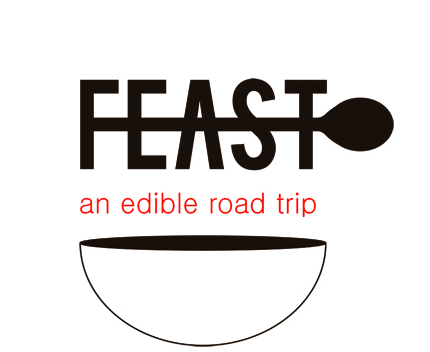Highwood Crossing and the 2013 Alberta Flood
If you live in Canada and haven’t been hiding under a rock for the past three months, you’ve heard about the flooding in Alberta. In just a few days, the rivers running through Calgary and other communities broke their banks, and destruction ensued.
It was shocking to see pictures of Calgary’s iconic Stampede grounds filled with water, and devastating to hear of homes either hugely damaged, or washed away altogether. Even if people’s houses or apartments weren’t directly hit with water, many were evacuated and couldn’t return home for weeks. After the waters receded, two things were certain: nobody has seen flooding like this in decades, and southern Alberta proved itself as a tenacious and overwhelmingly supportive community.
High River, located just south of Calgary, was hit especially hard. We heard about it first-hand when we visited Highwood Crossing Farm, operated by Tony and Penny Marshall.
I met Tony years ago when I lived in Calgary, and was delighted to see where the canola for his famous cold-pressed canola oil is actually grown. The land he and Penny farms has been in his family for over a century.
Their canola oil is usually pressed in nearby High River, but that all changed when their production facility was badly flooded. They had to rent a truck, pack up what equipment hadn’t been damaged, and drive it back to the farm.
Not that it was safe from the water, either. Their house sits directly on the river, and its basement flooded, as well as one of their fields. Stoic as ever, Tony and Penny spoke of this misfortune as only farmers would – it was something to get through, and many others were worse off than them.
Tony showed us the small facility on the farm where they’ve temporarily setup their flax oil and canola oil press; the seeds are brought through pipes, come down into the machine, the oil is extracted, and the ‘leftovers,’ which look like giant bran pellets, are dumped into a bin. They still contain oil, and are a rich, healthy feed that local farmers buy from Tony to feed to their cattle. For a full list of their products, see their website here.
We also had a chance to explore their perfectly green garden.
Penny dug up potatoes for us, we picked handfuls of haskaps (our faves!)
and we saw our first bush of seabuckthorn berries, a super food I’d only ever seen in oil form at Whole Foods. I always assumed seabuckthorn was exotic, sourced from a remote corner of Nepal or perhaps a rural micro-climate of southeast Madagascar. Nope, apparently it is available right here in Canada, and it’s been added to my ever-increasing list of berries-I’d-never-eaten-before-FEAST.
We sat on their deck overlooking the river (now back to its low, easygoing self), and had the most wonderful haskap/berry/cornmeal cobbler with ice cream.
When we left, we were sent off with more haskaps, potatoes, honey from their farm, ‘pre-flood’ Highwood Crossing granola, flax oil, (awarding-winning!) steel-cut oats, rolled oats, turkey jerky, and some banana bread, just in case we got hungry.
We had the most lovely afternoon with Tony, Penny, and their visiting friend Paul. If we take only one thing away from this project, it will be that Canadian food producers are not only hardworking and resilient, but also wildly generous. Also, they make a mean, mean cobbler.
If you’d like to match them on the generous front, you can donate to the Alberta flood relief effort here.
Here's Corb Lund, who played at the recent Alberta Flood Aid Relief Concert, which raised $1.5 million.
-LA



